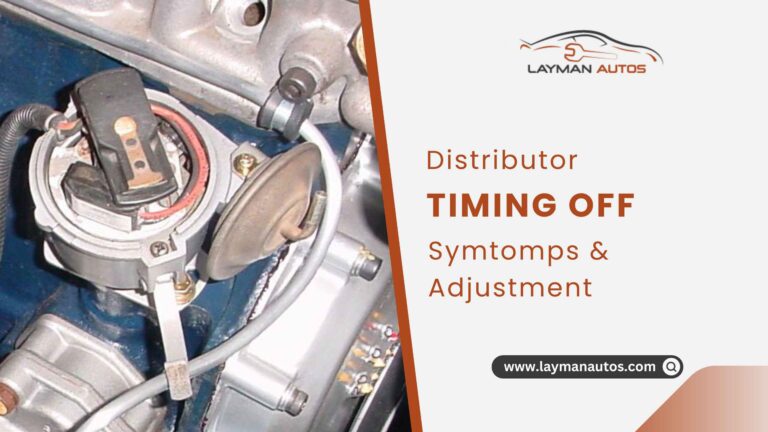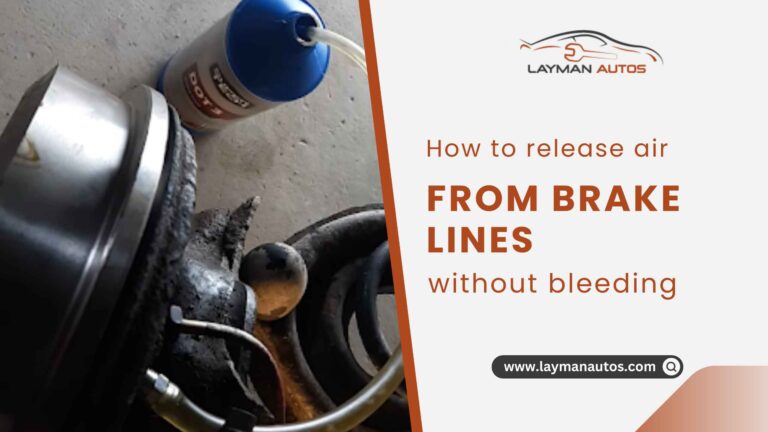Disadvantages of Using Water as Coolant- Why Should You Avoid It?
Are you considering replacing the coolant with water for its availability and low price? If yes, break down the consequences it will have on your vehicles. Water is believed to be an essential coolant used to cool down engines in only certain conditions. If made a daily practice, the Disadvantages of Using Water as Coolant will cost you severe accidents.
Coolant is a chemical that keeps the engine running at its operating temperature. The function of the coolant is to circulate the engine, absorb the excess heat, and release it into the air. A lack of coolant would negatively affect your engine’s efficiency at an alarming rate.
As an expert, I will mention the unavoidable cons of using water as a coolant. In addition, you will learn how to update your engine’s performance and make the best out of long trips when adding coolant instead of water.
Can I Use Regular Water Instead of Engine Coolant in My Car?
When you start the engine, it generates excess heat. Coolant is an efficient cooling agent to compensate for the by-product of the combustion process. It will leave the car unattended and overheating and damaged gaskets, hoses, water pumps, and short circuits in the wirings.
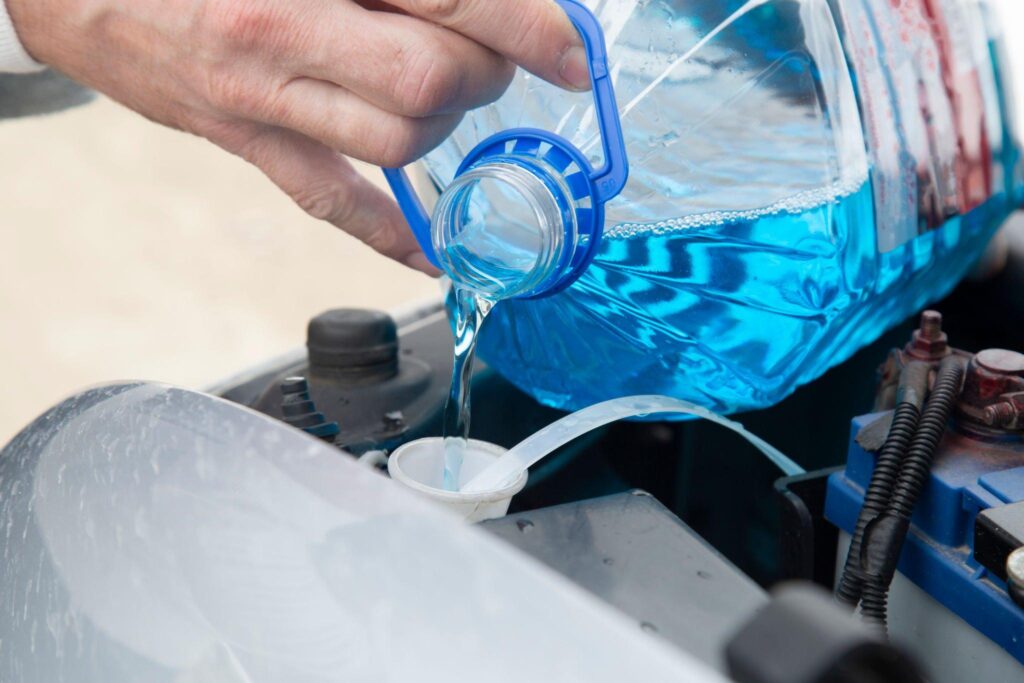
Water needs less energy to reach the engine’s operating temperature and expands early, causing overheating. Coolants increase the boiling point for the safe working of vehicles. So, you cannot use regular water instead of engine coolant. However, you can add water in place of coolant if you have a short ride to the mechanic.
Role of Antifreeze in Engine Cooling
Moreover, a coolant alone is not used in the engine, but rather antifreeze is added (a mixture of a 50/50 ratio of antifreeze and distilled water) to change the temperatures at which the water boils or freezes. So, water is only beneficial when mixed with antifreeze to lower the freezing point and increase the boiling point near the engine’s operating temperature.
Note: the water/coolant mixture has a freezing point of negative 35 degrees and a boiling point of 223 degrees Fahrenheit.
Coolant Antifreeze for Engine Performance & Protection
Coolant antifreeze is the mixture of ethylene glycol assigned to not let the water freeze at cold temperature and not boil in hot. The engine coolant is crucial because it remains liquid at extreme temperatures and ensures your vehicle runs smoothly without any trouble.
4 Disadvantages of Using Water as Coolant
Adding mineral water free from impurities is not a safe option for your vehicles. The use of distilled water to solve engine overheating problems is a myth. Water undoubtedly becomes the replacement of a coolant only in one condition you run out of the cooling mixture.
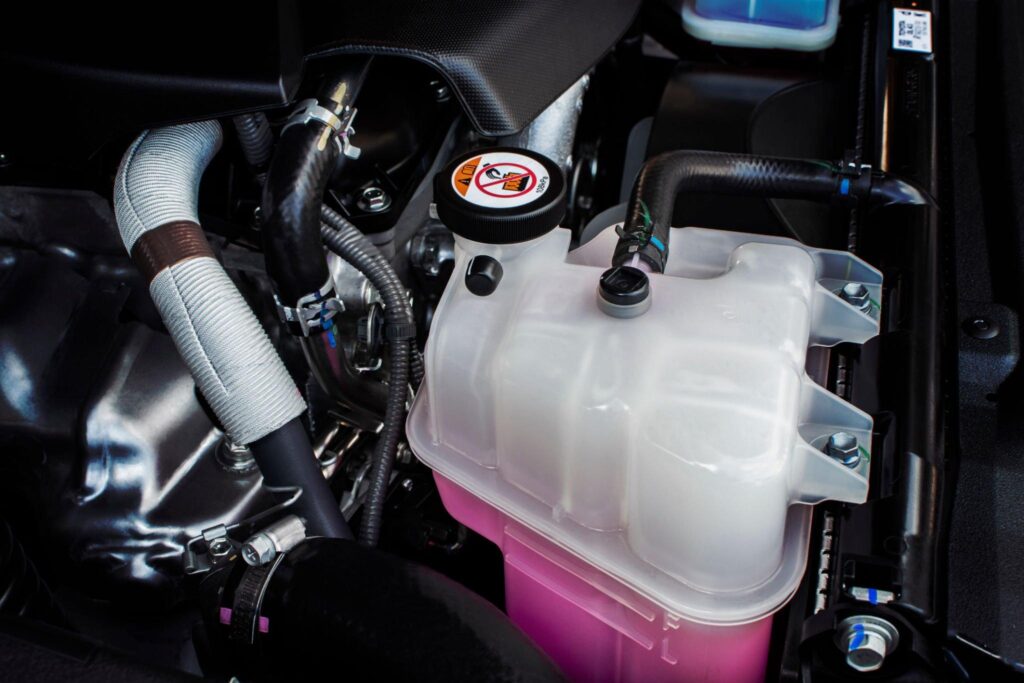
Freezing Point
The freezing point of water is 0 degrees centigrade which can be detrimental when riding a car. Cold temperatures cause the engine’s water to freeze, leading to certain damages like radiator cracks and deformed cylinder gaskets.
Boiling Point
The matter of fact is that water quickly evaporates at 100 degrees centigrade. A hot climate becomes the reason for water boiling and changing its form from liquid to vapors. Causing an immediate effect on the engine overheating along with blown gaskets.
Engine Deterioration
Whether the engine is frozen or overheated, the detrimental effects are long-lasting and beyond repair. When the engine overheats, it automatically turns off the AC and troubles the driver to enjoy summer drives.
At the same time, the cooling system may have its last breath when the radiator, cooling fan, and thermostat deny proper functioning. On the other hand, when the water in the engine is exposed to cold temperatures, the engine simply seizes and does not perform as you want it to.
Corrosion
Water contains components that are not suitable for the engine’s health. When the tap water enters the engine, it readily breaks the oil film as it gets in touch with metal pistons, cylinders, and other metallic parts. Thus, water is the culprit of the corrosion in the engine.
In addition, the corrosion process is fast and quick due to the mineral deposition that water contains, and it even contaminates oil, fluids, and petrol.
Advantages of Coolant over Water
- Engine coolant protects the engine from overheating
- Keeping the engine’s temperature optimum
- Cooling down the metal parts
- Preventing corrosion
Coolant vs. Antifreeze
Both coolant and antifreeze are water-based liquids, but they are still different. The former maintains the engine’s health at its best by releasing the excess heat outside. Hence, maintain the right temperature for the engine’s running.
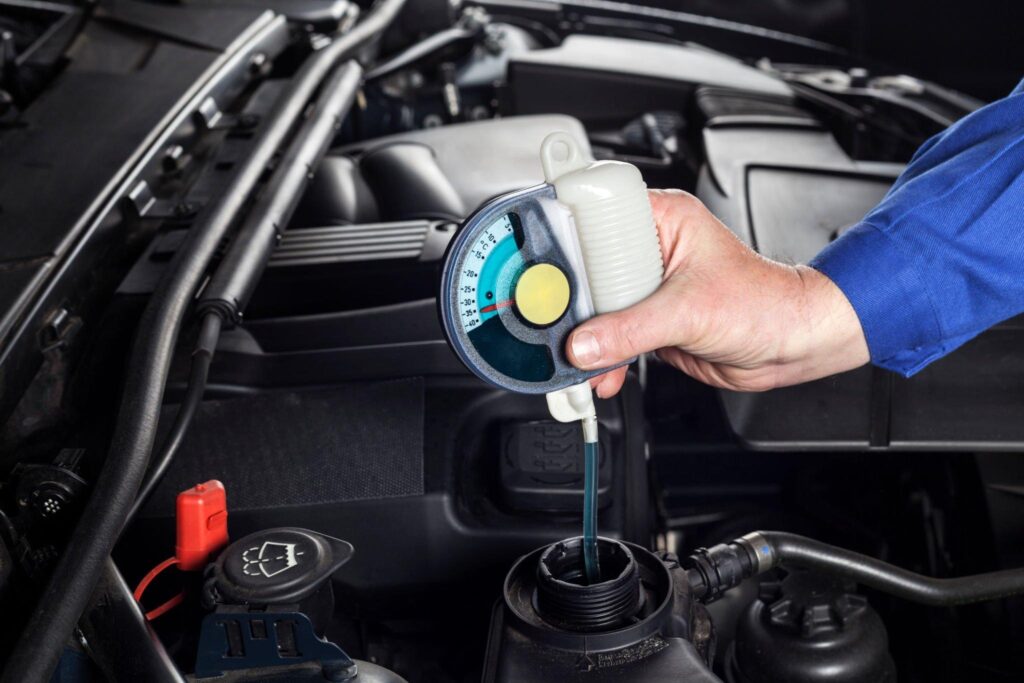
Antifreeze shields your engine from getting corroded or rusted from freezing temperatures. Lowers the temperature, so water does not freeze in the cooling systems, protecting the engine from extreme cold. A mixture of coolant and antifreeze guards the engine against overheating and freezing.
Frequently Asked Questions
How long can I use water as a coolant?
Water can only be used as a temporary substitute for coolant. You can drive up to 60 to 300 miles without antifreeze and without having any damage to the vehicle working. Remember to use distilled water rather than regular tap water because it is free from minerals and other impurities.
What happens if you use water instead of coolant?
If you use water instead of coolant, it has a direct effect on the engine’s performance. Most engines are several times hotter than the water’s boiling point. If you use water as a replacement for coolant, you cannot prevent your vehicle from overheating or freezing.
Can you use water as coolant in an emergency?
Suppose you have a long journey ahead, and a lack of coolant has paused you from moving forward. Use tap water free from minerals as a rescue for the engine to cool down but do not rely on it for an extended period.
Remember to put coolant and antifreeze in the engine as soon as possible. Moreover, checking the coolant level is essential to save time and prevent emergencies.
Summing Up
Saving money on coolants and using water instead is not a good idea. The shared and permanent Disadvantages of Using Water as Coolant raise complications like dealing with boiling, freezing point, certain damages to the engine, and encounter to corrosion. In this article, I have mentioned why and when you can use water instead of coolant. Otherwise, sticking to the correct coolant that suits the vehicle is essential.

